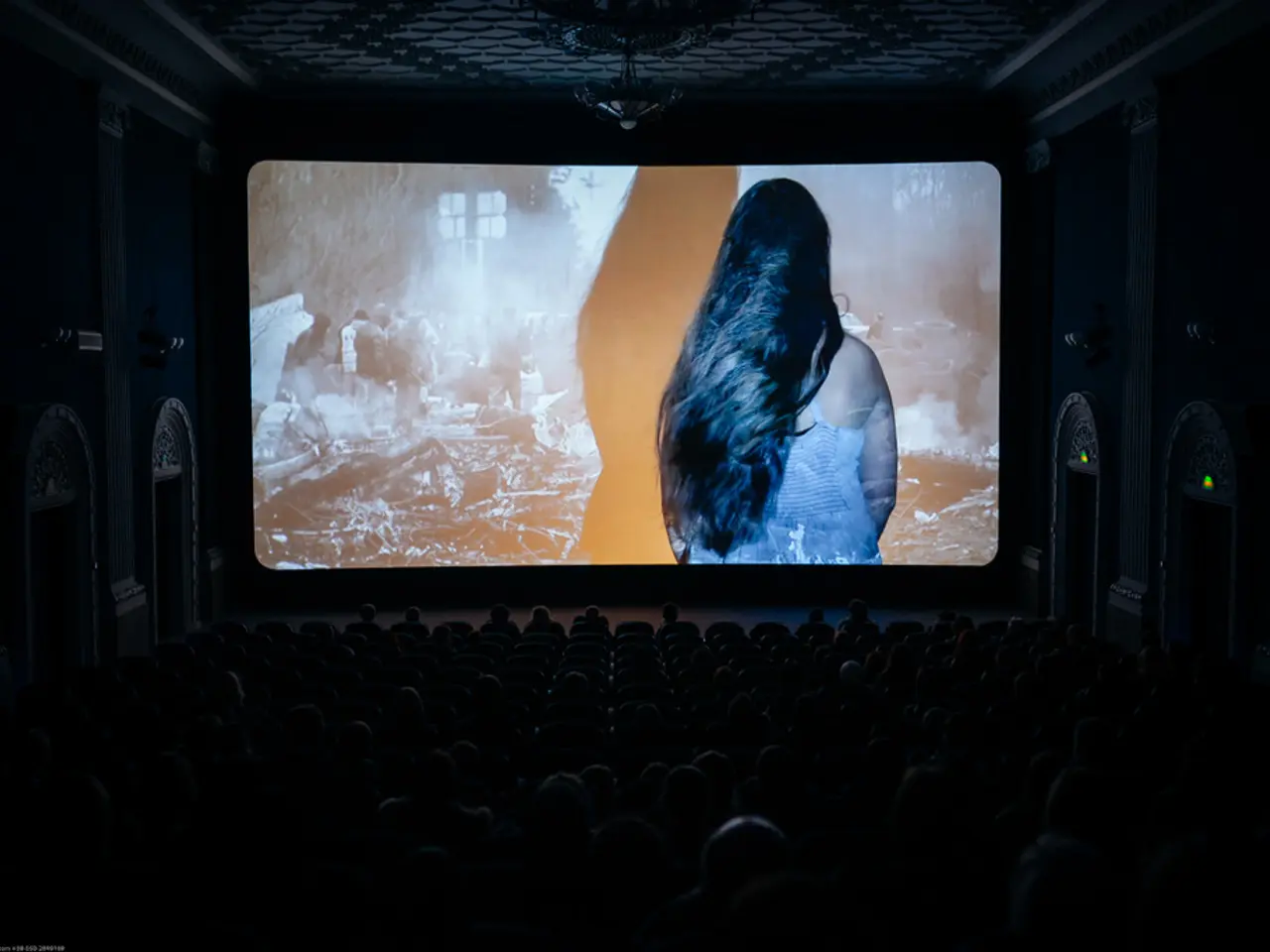"Examining the genesis of the movie business in Quebec": another perspective
In the heart of the Canadian province of Quebec, a unique and vibrant film industry has taken root, thanks in large part to the Cinema Law, a regulatory framework adopted in 1983. This groundbreaking legislation played a pivotal role in fostering local cinema production, protecting French-language content, and promoting Quebec filmmakers' cultural identity.
The Cinema Law encouraged the production of French-language films by implementing quotas and funding mechanisms that favoured culturally relevant content. It also supported independent filmmakers and smaller production companies, enabling diverse artistic voices to flourish. The law protected Quebec’s distinct cultural expression and language within cinema, helping build a strong local audience and identity.
Filmmakers such as Denis Villeneuve, Monia Chokri, and Denis Côté have thrived in this environment. Villeneuve, who moved from Quebec’s film community to international acclaim in Hollywood, credits his foundational years to Quebec’s cinema ecosystem shaped by laws like the Cinema Law. Chokri and Côté, meanwhile, have been able to produce arthouse and auteur-driven films that might not have found a home outside Quebec's protected and nurtured film environment.
The Cinema Law also facilitated access to public funds, grants, and film festivals that showcased Quebec cinema, giving filmmakers visibility and legitimacy. One such example is the Société de développement des industries de la culture (SODIC, later SODEC in 1995), a centralised body created to accelerate public funding for works.
The Cinema Law's provisions have been instrumental in shaping Quebec's film industry, which today stands as a testament to the law's success. However, the law has not been without controversy. Constance Dilley, author of the book "The Creation of the Film Industry in Quebec," laments the federal government's dispersal of funding, suggesting it should be concentrated in Montreal. Dilley's book also discusses the tension between filmmakers and the state, with the state aiming to project a certain idea of Quebec identity.
Dilley's work also reflects her integration into Quebec society through culture and her critical gaze from the outside. Some of her observations may seem controversial, as they suggest that movements favoring French Canadians marginalized both English and anglophones. The Americans, too, made significant lobbying efforts to avoid complying with Quebec’s laws.
In conclusion, the Cinema Law has been a cornerstone in the development and growth of Quebec's film industry, providing opportunities and resources for filmmakers to create films deeply rooted in Quebec’s culture and language while achieving success both locally and internationally. The law's impact continues to be felt today, as Quebec cinema thrives and produces globally recognised talents.
- The Cinema Law's influence extended beyond Hollywood for filmmakers like Denis Villeneuve, as he attributes his successful career in entertainment to the cultivating environment provided by the Quebec film industry, founded on the principles of the Cinema Law.
- Constance Dilley, in her book about the development of Quebec's film industry, explores areas of education-and-self-development, discussing not only the growth of the industry but also the societal aspects that shaped it, such as the tension between filmmakers and the state, the integration of different cultural groups, and international lobbying efforts.
- The impact of the Cinema Law reaches beyond the French-language films produced in Quebec, as it paved the way for a unique lifestyle, symbolized by its distinct entertainment and general-news outlets, which highlight the region's culture, history, and political perspectives.




